Judy Smart: NT inquest hears NT grandmother’s palliative care ‘extremely inappropriate’
The Territory coroner has labeled the end of life care for a 66-year-old grandmother the ‘antithesis’ of what palliative care should look like, with the family saying seeing their loved one in that state was ‘soul destroying’.
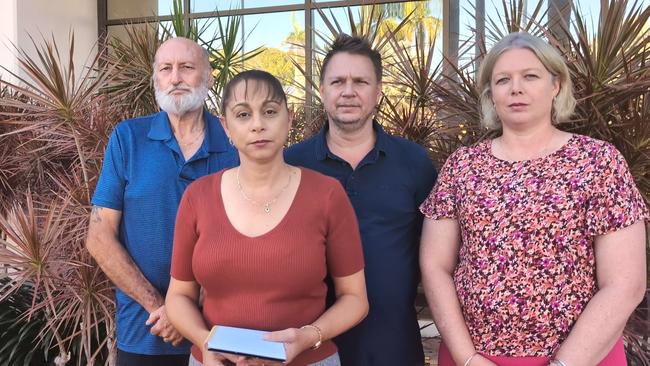
Northern Territory
Don't miss out on the headlines from Northern Territory. Followed categories will be added to My News.
UPDATE Wednesday August 21: The ‘soul destroying’ vision of their mother’s last moments continues to devastate a Territory family as the coroner condemns the palliative care provided within Royal Darwin Hospital.
Judy Smart’s family remembered the 66-year-old as a woman who took the tough experiences of life — her upbringing in the Darwin orphanage, the Retta Dixon home, and surviving Cyclone Tracy while pregnant — and turned it into a world of love-filled adventure surrounded by her husband, children, and grandchildren.
Yet the person they found bundled in blankets, distressed, hot and clammy, gasping for air and connected to a full catheter bag and tube full of urine, was not the woman they remembered.
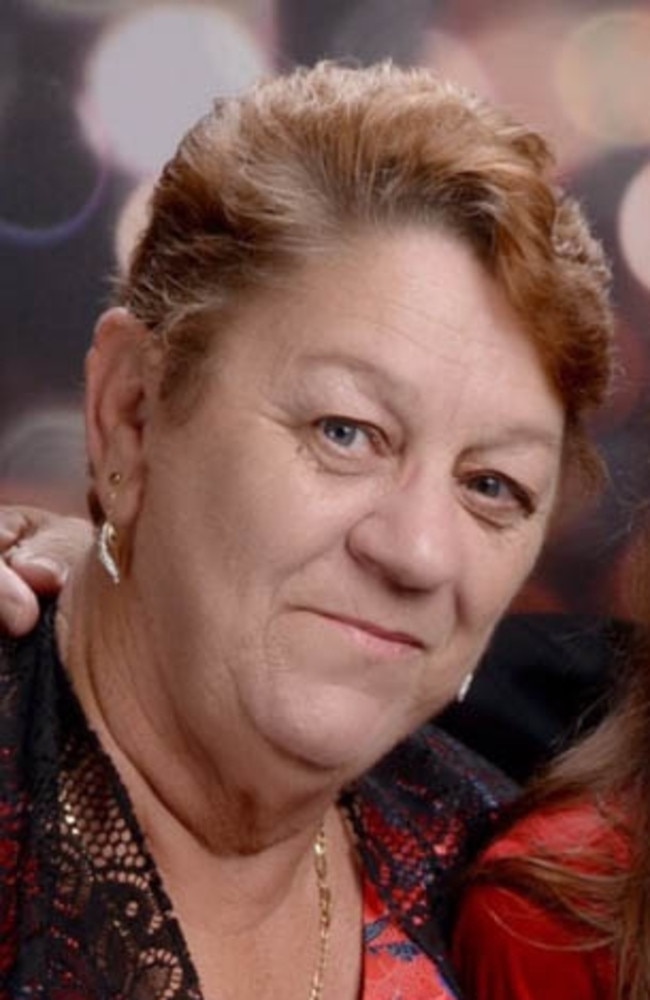
On Tuesday Coroner Elisabeth Armitage said Ms Smart’s unexpected death after a routine knee surgery in June 2021 was the very opposite of what end-of-life care should be.
“Very sadly she passed away with uncontrolled terminal symptoms, which is exactly the antithesis of what palliative care intends to achieve,“ Ms Armitage said.
Due to complications arising from her post-anaesthetic care following her surgery, Ms Smart suffered a heart attack and was deprived of oxygen for 15 minutes resulting in a permanent and fatal brain injury.
The coroner heard that despite Ms Smart’s family and palliative care experts being told she would be taken to the hospice, she was moved to a general ‘sub-acute’ ward.
Palliative care senior registrar Abbey Le Blanc said she was not told about this decision, and was “disappointed and frustrated” about the treatment of Ms Smart in the final hours of her life.
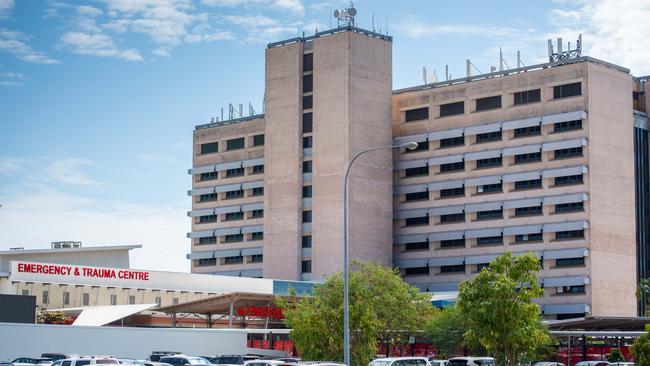
Dr Le Blanc said end of life patients should be offered “dignity and privacy”, instead Ms Smart was placed in an “extremely inappropriate” shared double room where she found her struggling to breathe, her colour having changed and exhibiting “uncontrolled terminal symptoms”.
Ms Smart’s daughter Shannon Vickery fought through tears describing watching the mother she loved as a generous, loving and “staunch defender and protector” reduced and suffering in the dark hospital room, her moans reverberating down the halls.
“It’s a little confusing why the volume of noise was not an indication that something needed to be done,“ Ms Vickery said.
“You could hear her, the pain, through the double doors to the ward. You could hear the noise.”
Ms Smart’s family said due to being “overwhelmed” by the distress of seeing her suffering they could not stay by her bedside.
Dr Le Blanc said it was devastating to think her family was so traumatised by the lack of appropriate palliative care, that the beloved grandmother ended up dying alone.
The experienced palliative care expert said she was so troubled, she referred her case to the hospital-wide mortality review.
Ward 2A registered nurse Anju Joseph, who cared for Ms Smart in her final hours despite having no palliative care training, said the 66-year-old remained the only end of life patient she had ever encountered in her five years of nursing.
“Frankly speaking because we don’t have much experience, and also it is end of life, it was a little bit scary,” Ms Joseph said.
Intensive Care Unit liaison nurse Josini Joseph told the coroner while the role of palliative care was to “smooth” the pain of incoming death, Ms Smart’s medication schedule limited the general ward nurses to hourly-doses rather than matching the severity of her symptoms.
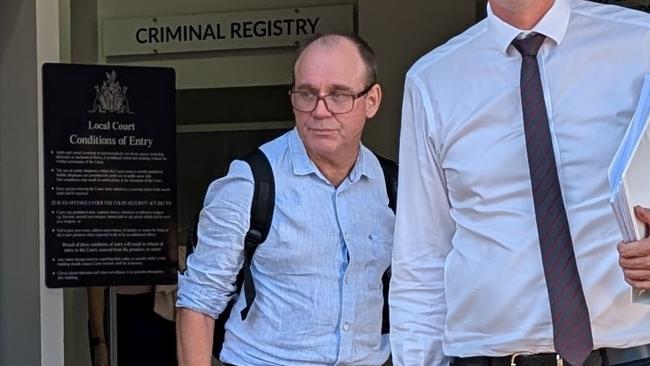
Presenting the NT Health institutional response, Brian Spain acknowledged her palliative care was “sub optimal”.
Dr Spain said a Quality of Dying working group had established a pilot project, which was anticipated to be rolled out widely in the hospital, but acknowledged palliative care was “a specialised skill”.
Adding to her family’s distress was the fact Ms Smart was not able to access her personal items, including her mobile phone, which would have allowed her to speak to her husband for a final time.
“I might have had a chance to say goodbye to my wife,” Trevor Smart said.
“I didn’t go and visit her or anything, because she said she would be in pain, and she’d be asleep - and I never heard from her again.”
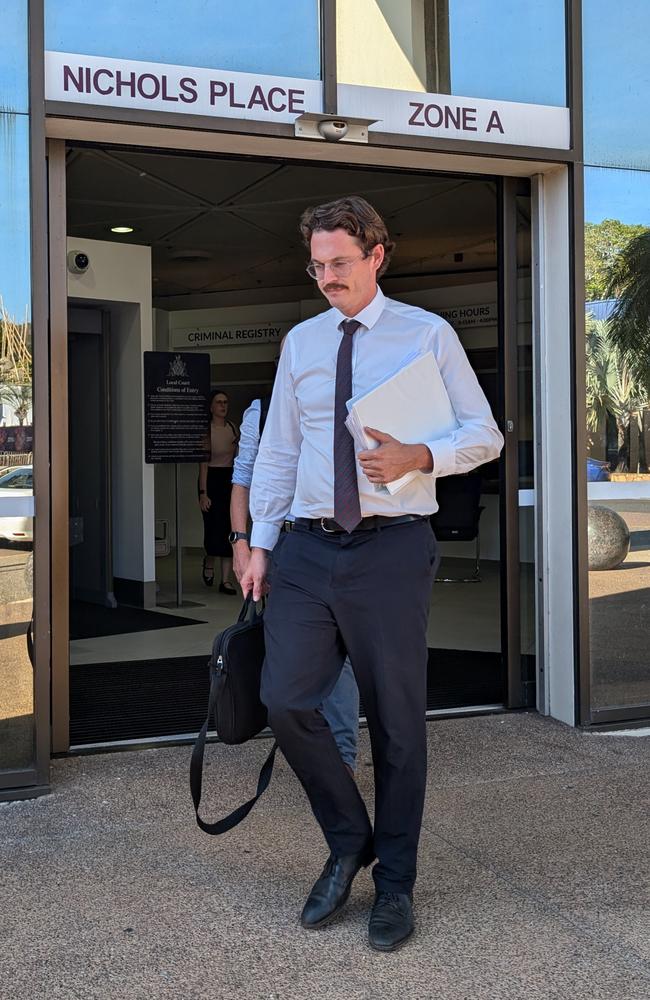
While the NT Health legal representative Michael McCarthy told Ms Armitage changes were underway, Ms Armitage signalled she was not convinced enough had been done to ensure it never happened again.
Outside court Ms Vickery said there were a “number of significant failures” that led to her mother’s death, and while she did not blame any individual staff members “we do hold the system responsible”.
Standing with her father, brother and sister-in-law, Ms Vickery said: “Hopefully now we can say goodbye to our mum.”
Darwin hospital staff pushed ‘beyond human capacity’
UPDATE, 5pm Tuesday August 20: The quiet “tick” warning nurses of a Territory grandmother’s plummeting oxygen levels could not be heard over the cacophony on the general ward in Royal Darwin Hospital, the coroner has heard.
General ward nurse Sonia Mathew broke down in sobs during the coronial inquest into 66-year-old Judy Smart’s death, just 10 days after her routine elective knee surgery in 2021.
Ms Mathew, a nurse with 26 years’ experience, said Ms Smart’s 15-minute cardiac arrest had exposed a dangerous culture within the overstretched “home base” of RDH’s general ward.
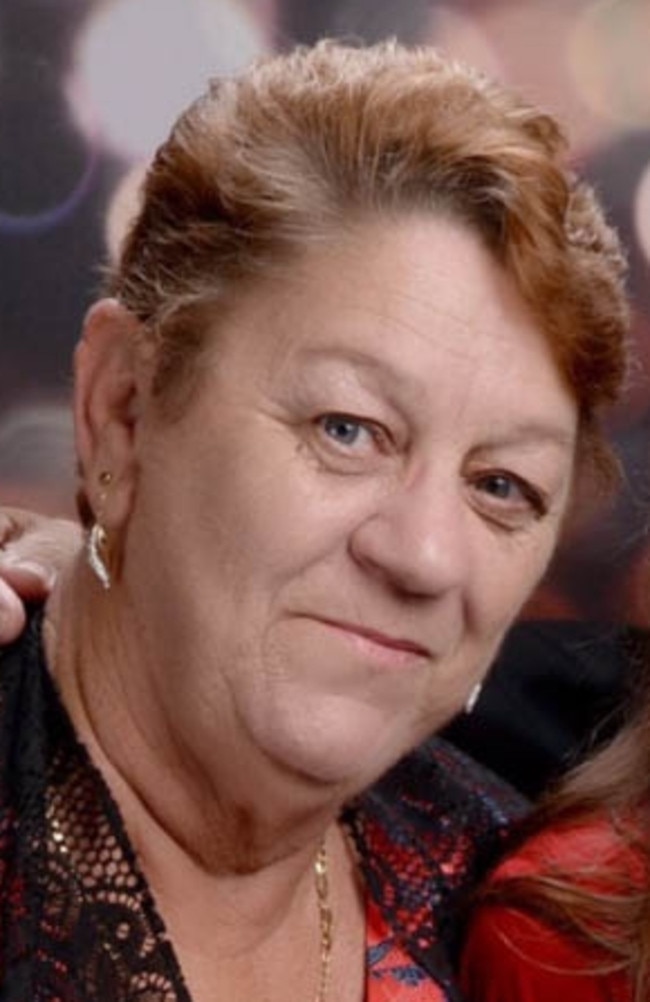
On Tuesday, Ms Mathew told coroner Elisabeth Armitage that she already had four other people in her care when the “high risk patient” was assigned to her on June 10, 2021.
Ms Mathews said “her medical history alarmed me”, with the 66-year-old also suffering from obstructive sleep apnoea, emphysema, type II diabetes, high cholesterol and hypertension, obesity, and already low blood oxygen levels.
Ms Mathew said she asked the Post Anaesthetic Care Unit nurse if Ms Smart should instead be in the Intensive Care Unit (ICU), however was told the decision had already been made by the doctors.
The experienced nurse said Ms Smart was conscious and responsive when she attached a pulse oximeter to the woman’s finger, a device that was meant to alert her if blood oxygen levels dropped below a set level.
But she said the oximeter’s quiet “tick, tick, tick” was buried in the chaos of the “very loud”, “hectic” ward.
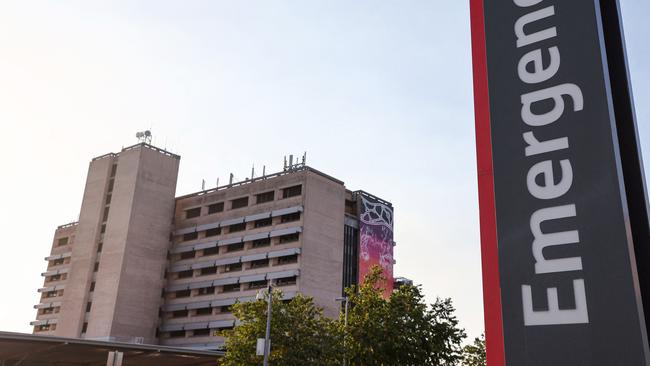
Ms Mathews was called to help another crying and distressed patient who needed her medication, and then another who needed assistance to go to the toilet.
By the time she got back to the 66-year-old she was already unresponsive and in a cardiac arrest — Ms Smart’s blood oxygen levels had dropped to 77 per cent.
Ms Smart went 15 minutes without sufficient oxygen and she suffered a nonrecoverable brain hypoxia.
Ms Matthews started to weep as she thought about those critical 20 minutes, saying she wished her high-risk patient had been in the appropriate ward or attached to a monitor with a proper warning system.
“I am standing here for all the ward nurses who like me are put in this situation where we don’t even have proper devices,” she said.
“They think if you are senior you can handle anything, so I’ve been trying to handle, handle, handle.
“You're giving me everyday these very sick patients with no devices, no beds in ICU.”
When asked what measures had been put in place following Ms Smart’s death, Ms Matthews candidly said nothing had changed and she had since left the general unit.
“I didn’t feel safe to work on that ward,” she said.
“Our current system is not good … not enough staff, not enough beds.”
Ms Armitage told Ms Mathews that “the expectations (on staff) are beyond human capacity on this particular night”.
After giving evidence the nurse embraced Ms Smart’s husband Trevor and daughter Shannon, sobbing in their arms and repeating “I’m so sorry”.
As part of the NT Health’s institutional response, Director of Anaesthesia Brian Spain acknowledged there were enormous pressures on the “hospital and the health system more generally”, amid staffing shortfalls and the 2021 Covid outbreak.
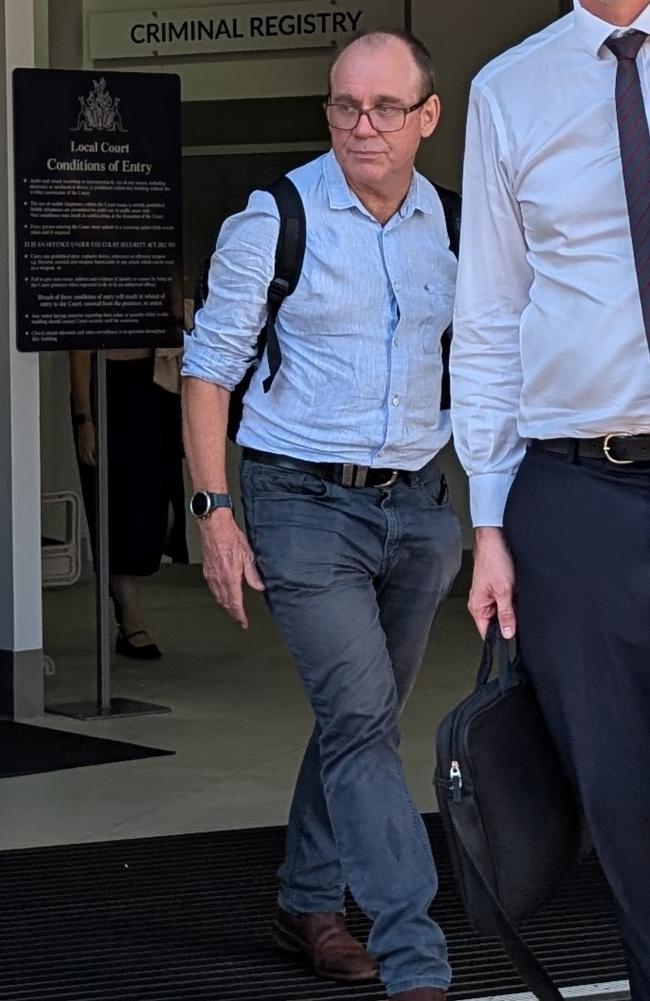
Dr Spain said since Ms Smart’s death they had added a nurse to the 14-bed recovery unit and approval for an additional anaesthetic registrar, but said this was still not enough to meet the demand.
“We are always constrained … in reality we do often rely on the good will of staff to stay longer on their shift,” he said.
Dr Spain said there was currently a review by the Nursing and Midwifery Board at the allocation of staff across the health system.
He added that the hospital was looking to reconfigure the wards with louder oximeter monitors and nurses allocated to an only four-bed bay.
But he said the delays to the rollout boiled down to the “pressures of staffing”.
“We would could use more money than what is allocated … and that’s across the board,” he said.
The inquest continues on Wednesday moving to the treatment of a second woman who passed during post-anaesthetic care, 48-year-old Galiwin’ku, Elcho Island woman C. Guyula.
Family ‘haunted’ as grandmother dies after routine knee surgery
Initial, Monday August 19: A routine elective surgery to fix a grandmother’s knee ended with the 66-year-old being left to die alone in a dark ‘distressing’ ward, gasping for breath due to the ‘potentially grossly lacking’ treatment in Royal Darwin Hospital.
On Monday, Northern Territory coroner Elizabeth Armitage opened her investigation into the death of Judy Smart, who died 10-days after what was meant to be a routine elective surgery in June 2021.
Ms Armitage said the treatment of Ms Smart within the recovery unit and general ward was “potentially grossly lacking”, with the investigation to narrow in on changes to her discharge criteria, the failure to bring in her personal breathing assistance device, and her death in the general ward, rather than in palliative care.
Ms Armitage heard Ms Smart had a number of known medical conditions which could create complications while under anaesthetics including emphysema, type II diabetes, high cholesterol and hypertension, obesity and she was a heavy smoker.
Critically Ms Smart also used a Continuous Positive Airway Pressure machine to treat her obstructive sleep apnoea, which her husband Trevor dropped off at RDH when she went in for surgery.

Following the uncomplicated operation on her knee, Ms Smart was moved to the Post Anaesthetic Care Unit, commonly known as the recovery unit, on June 10.
She was given pain medication, however the nurses started noticing her blood oxygen levels would drop as low as 88 per cent — below the normal 95 per cent or higher.
A junior PACU nurse said she was “worried” about Ms Smart’s falling oxygen levels, but believed the 66-year-old’s levels would improve if she could access her personal sleep apnoea machine on the general ward.
Ms Armitage flagged there “did not appear to be a clear process about patient’s belongings” with her breathing assistance machine not brought to her bed at either the recovery or general ward.
NT Health’s legal representative Michael McCarthy said the new hospital policy was for the CPAP, “a vital piece of equipment” to remain with the patient.
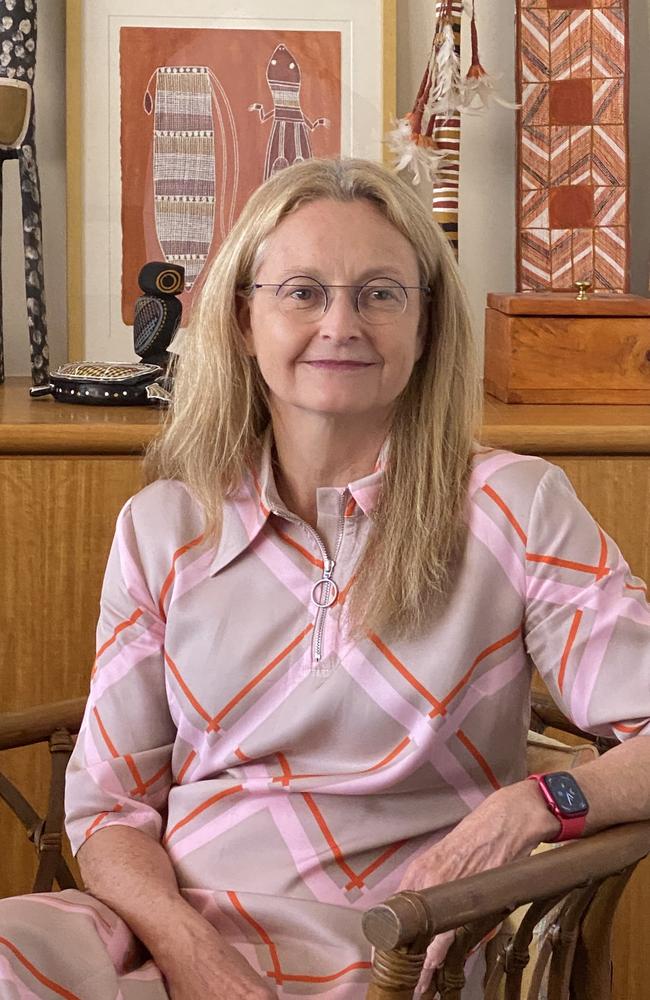
Despite Ms Smart’s low blood oxygen levels and comorbidities, she was moved from recovery to the general ward “without calling for a full clinical review”.
In his emotional testimony, floor anaesthetist Andrew Magness said this decision and what “should have been different has torn me apart since then”.
Dr Magness told the coroner Ms Smart arrived amid an “unusually” busy shift, with the operation theatres at near capacity, two emergency cases, and the evening anaesthetist calling in sick.
“I recognise now I was completely overstretched,” he said.
Ms Armitage heard that after arriving in the general ward a nurse attached a pulse oximeter on Ms Smart’s finger, which was meant to alert staff if her blood oxygen levels dropped below a set level.
However Dr Magness said unlike the continuous one-on-one care in the recovery unit, the general ward nurse may have been “out of earshot” when the oximeter’s alert went off.
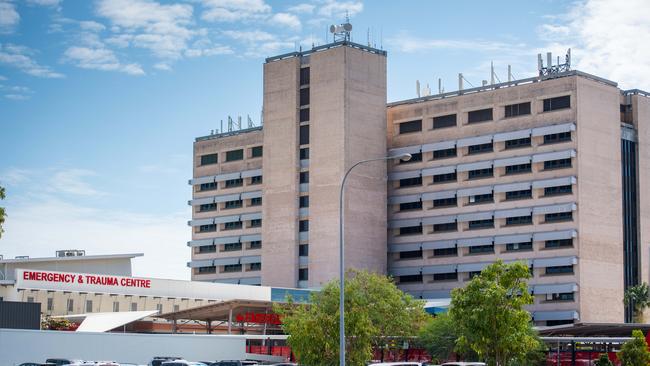
Half an hour after arriving in the ward, Ms Smart went into cardiac arrest — her oxygen levels had dropped to 77 per cent.
She went 15 minutes without sufficient oxygen before being resuscitated, resulting in a brain hypoxia.
Ms Smart was moved to the intensive care unit, but after nine days her family agreed she should transition to the palliative care unit.
“But rather than move to the hospice, the next morning Judy was moved to a double room in a general ward,” Ms McConnell said.
She said when her family, including her grandchildren, went to say goodbye, they found Ms Smart in a “shared, dark room, distressed and gasping for breath”.
“She was wrapped in a blanket and was hot and clammy and her catheter bag and tube were full of urine.”
Her daughter Shannon Vickery fought through tears saying her family would be “forever haunted” by the sight.
“The fact we were not able to stay there because of the noise, the distress, the horrendous noise, is just terrible,” Ms Vickery said.
“The betrayal, the feeling of leaving that one person who was your ultimate protector, and one that would stand by you through thick and thin.”
Ms McConnel said instead of dying peacefully with her family by her side, Ms Smart was alone when she passed on June 20.
Ms Smart is one of two women whose death while in post-anaesthetic care will be examined this week, followed by a second inquest into the treatment of 48-year-old Galiwin’ku, Elcho Island woman C. Guyula.
The inquest continues on Tuesday.
More Coverage
Originally published as Judy Smart: NT inquest hears NT grandmother’s palliative care ‘extremely inappropriate’





